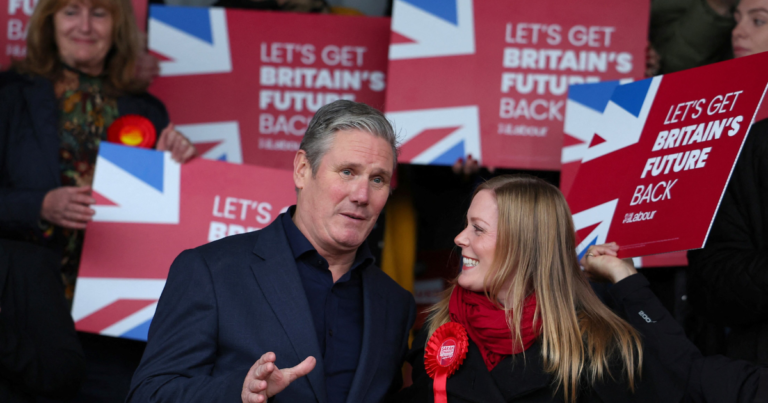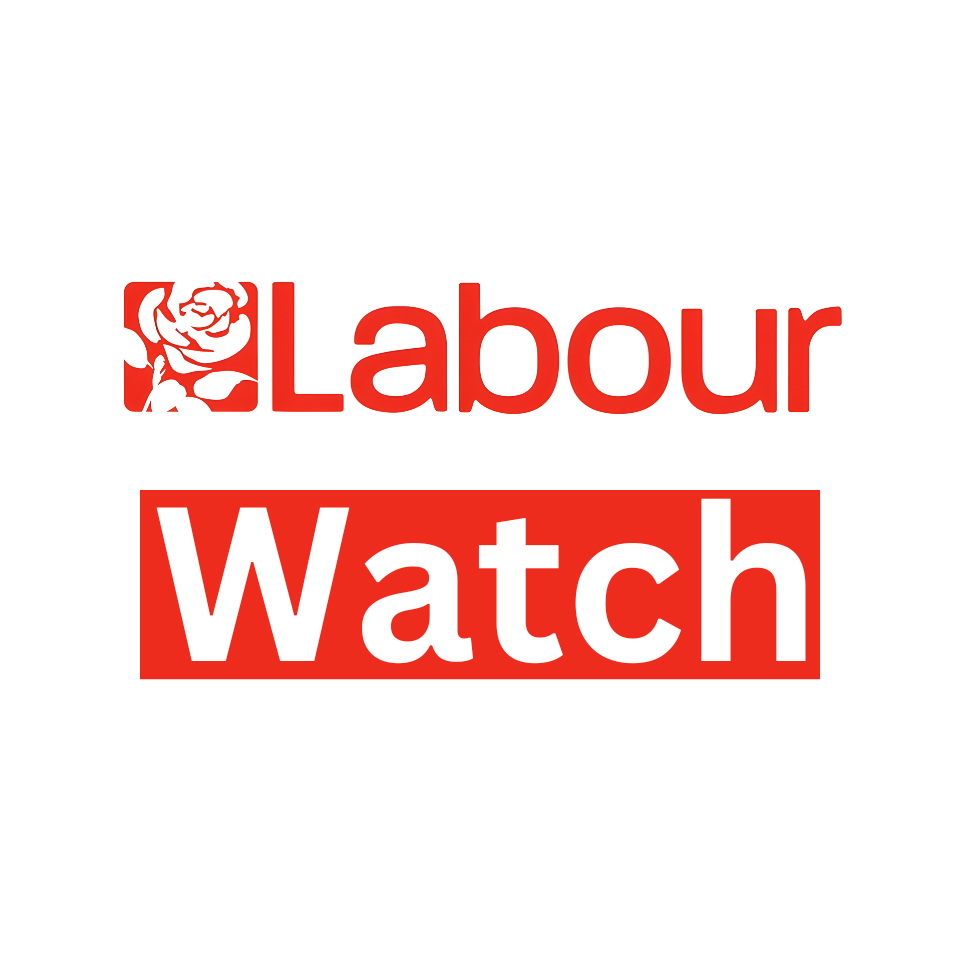In 2023, Britain faced a tough economic situation with wages staying the same while expenses increased across different sectors. However, political donors and the parties they support didn’t seem affected by this. All parties together declared over £93 million in donations, compared to £52 million the year before. It seems like donations will continue to flow in as the general election approaches, which might happen as early as May, though many predict it could be in November.
Conservatives being the biggest recipients
The Conservatives were the biggest recipients of donations, bringing in £44.5 million in cash, while Labour received £21.6 million, the Liberal Democrats received £6 million, the Green Party received £610,000, and Reform received £255,000. Reform now boasts their first Member of Parliament, Lee Anderson, known as the ‘Red Wall Rottweiler’. The SNP reported cash donations of only £76,000 in 2023, with a significant portion, £50,000, coming from the estate of a donor who passed away some years ago.
Additionally, parties received non-cash donations, including premises, staff costs, sponsorship, consultancy services, and more, totaling £4.2 million. Other regulated recipients, such as Labour Together, The New Conservatives, Labour First, and the Carlton Club Political Committee, received £2.5 million. These organizations are affiliated with political parties but are legally separate and often provide financial support to specific factions within a party.
We’ve delved deeper into the underlying trends behind these numbers and identified several key points to watch out for in the coming months. These insights are based on what these donations reveal about the current situation within the two main political parties.
Labour’s reliance on companies and individuals over trade unions
There’s been considerable discussion about Labour’s growing ties to big business and wealthy individuals during Keir Starmer’s leadership. Supporters of the party’s leadership argue that Labour needs to be able to match the Conservatives’ spending power in the general election. Therefore, they argue, Labour must seek funding beyond the traditional source of support from trade unions and look towards individuals and businesses with significant financial resources. However, critics may argue that the interests of the trade union movement and those with substantial wealth may not always align.
Concerns among those holding the latter perspective center around the potential for a shift in policy direction as donations from wealthy individuals constitute a larger share of the party’s funding. Reports from Dark Arts have highlighted the access and influence enjoyed by corporate lobbying firms that hire Labour candidates to facilitate connections with senior party figures.
Additionally, openDemocracy has reported on the significant contributions to the party from bankers and financiers during Starmer’s leadership. Our analysis of donation data for 2023 reveals yet another worrisome trend for those concerned about corporate influence over the party.
Significant Cash Received
Out of the £21.5 million in cash received by the party in 2023, only £5.9 million came from the trade union movement. This is in stark contrast to the £14.5 million received from companies and individuals, marking a significant increase compared to the previous year. In fact, this amount surpasses the combined total from the three preceding years of Keir Starmer’s leadership. While trade union contributions have slightly decreased, from approximately £6.9 million in both 2020 and 2021 to £5.3 million in 2022, donations from businesses and individuals have seen a notable surge. These donations amounted to £2.3 million in 2020, increased to £3 million in 2021, soared to £7.6 million in 2022, and nearly doubled in 2023.
Tories in need of new funding sources ahead of GE
Approximately £10 million of this total comes from just four sources: Gary Lubner (£4.6 million), David Sainsbury (£3.1 million), Fran Perrin (£1 million), and Ecotricity
(£1 million), the green energy firm owned by prominent environmental activist Dale Vince. This indicates that only two individuals contributed more money to the Labour Party last year than the entirety of trade unions combined.
It’s a concerning aspect of the British political system that two of the most significant individual donors to political parties last year shared the last name, Sainsbury. David Sainsbury’s contribution to Labour pales in comparison to the £10 million left by his cousin, Tory peer John Sainsbury, to the Conservatives in his will. This was the largest single donation ever received by the party.
Out of the £44.5 million in cash received by the Conservatives last year, over £20 million came from two sources: John Sainsbury and Frank Hester, an IT entrepreneur from Leeds who personally donated £5 million and another £5 million through his firm, The Phoenix Partnership.



